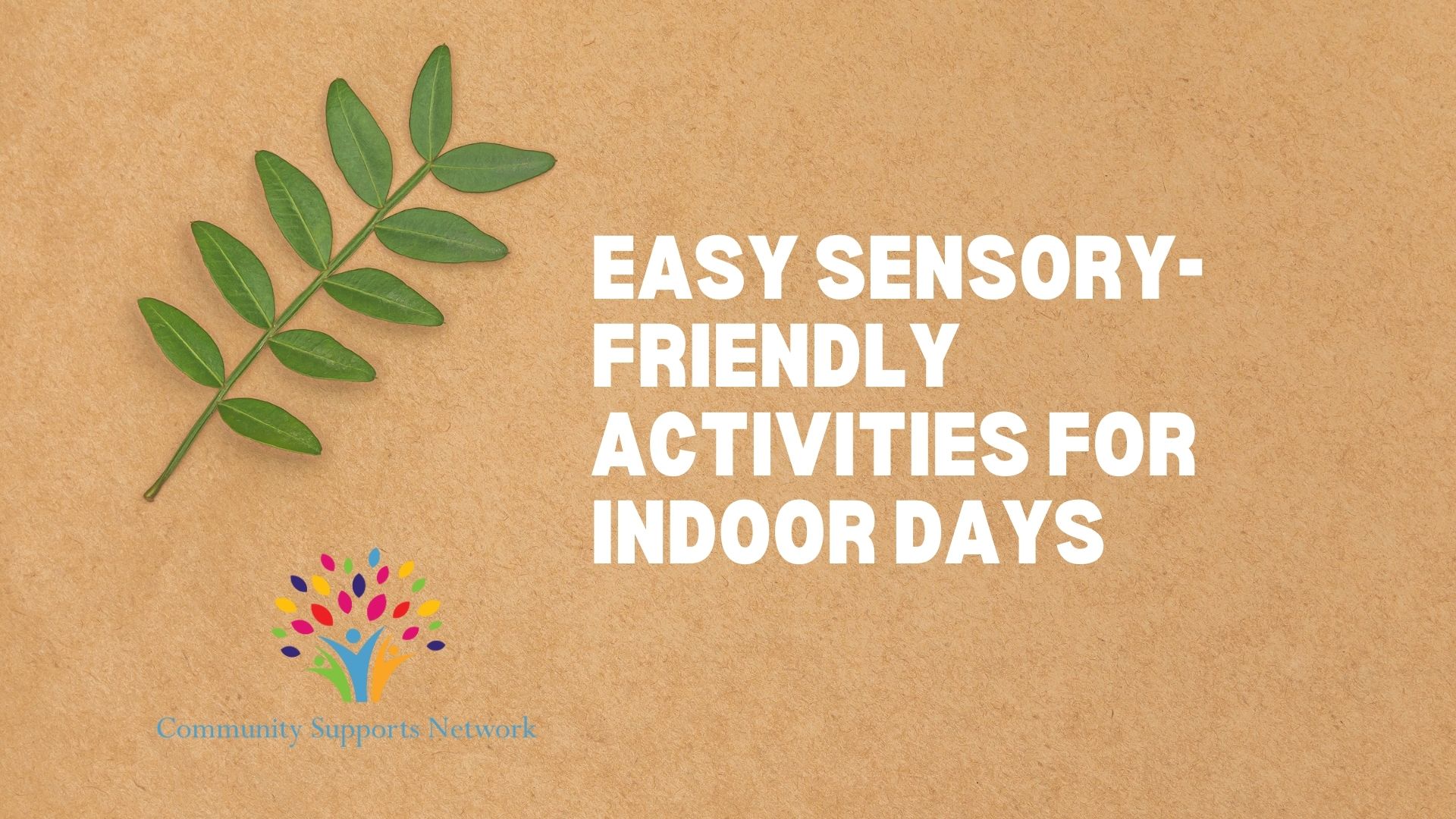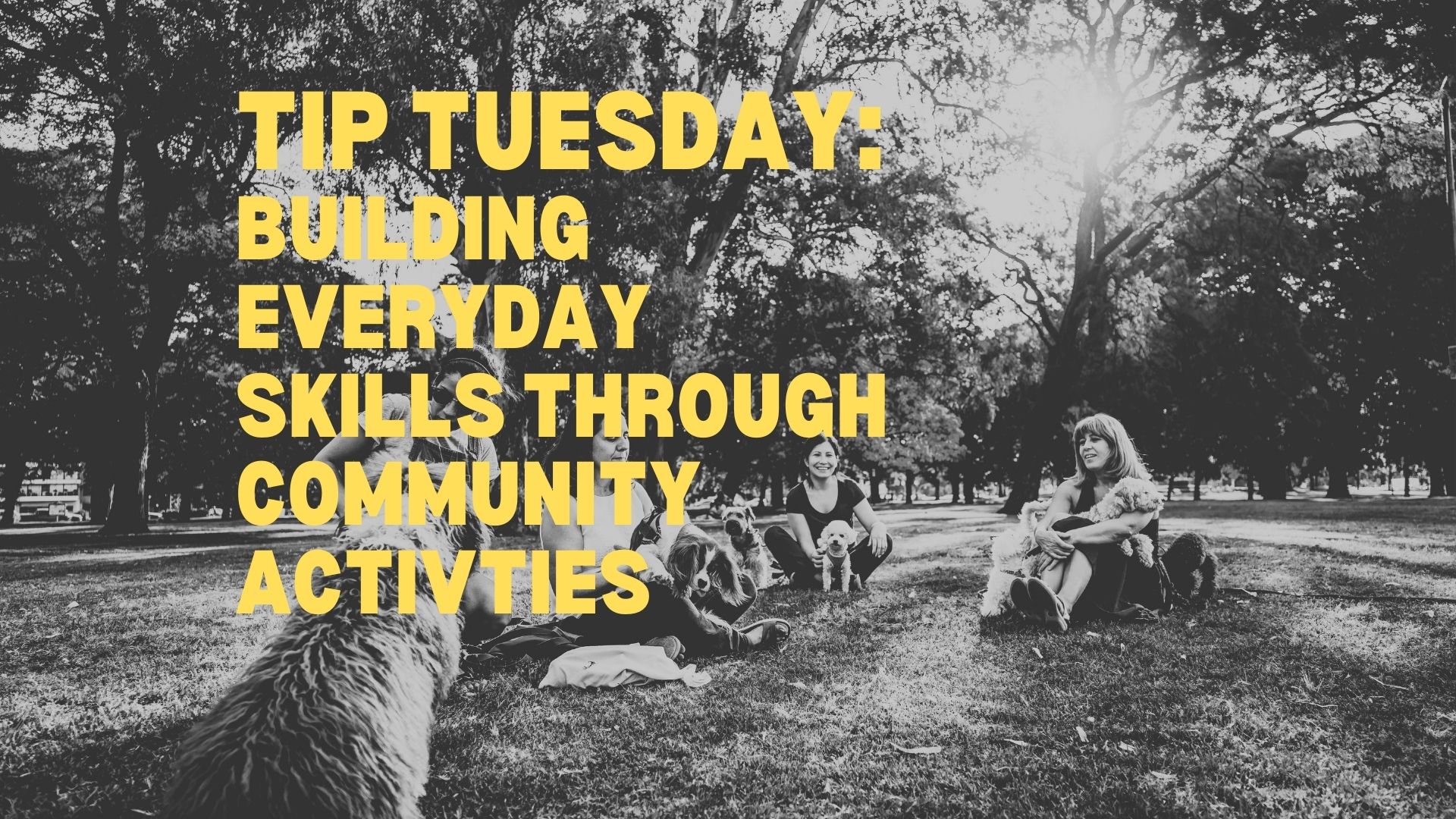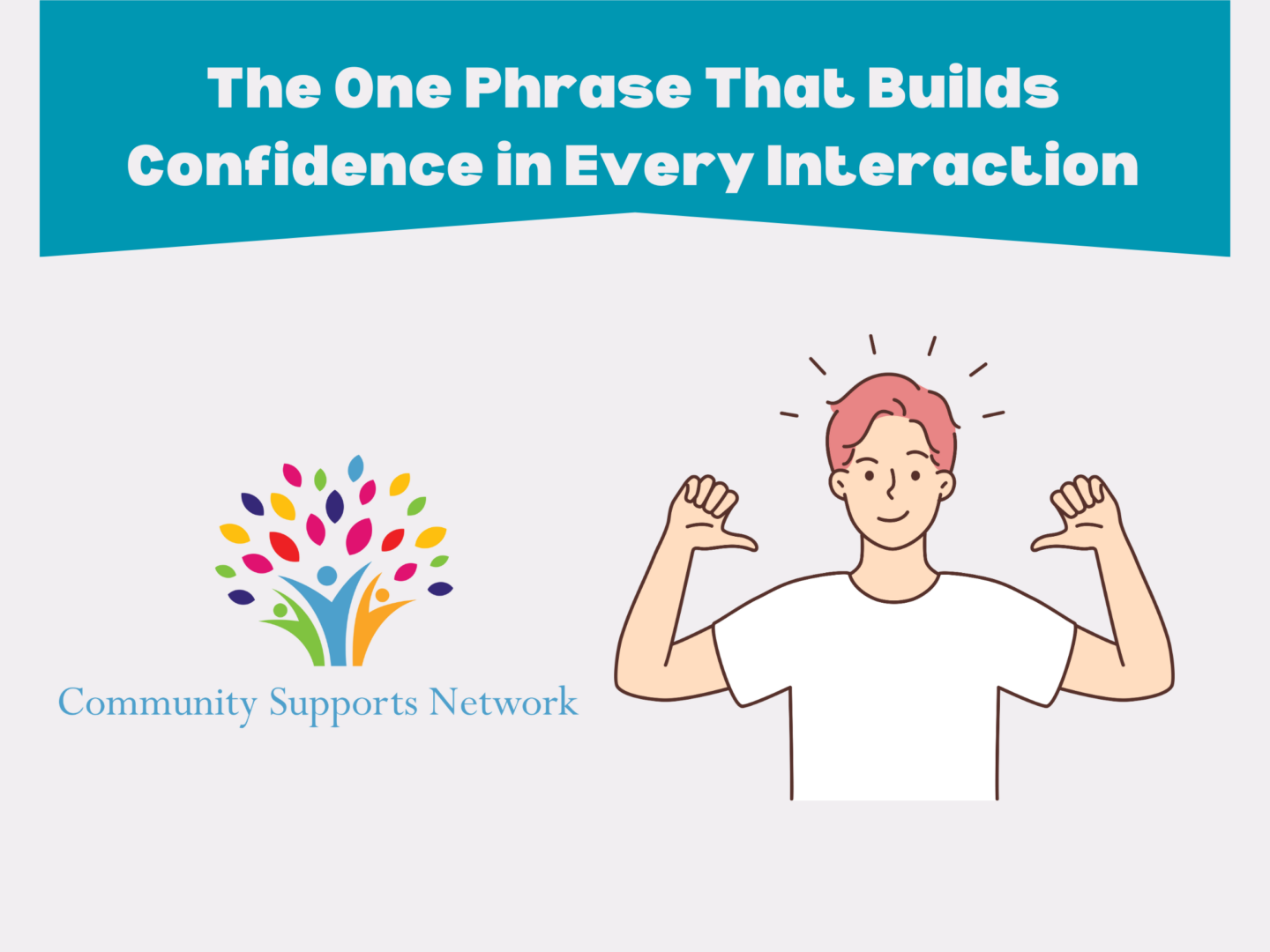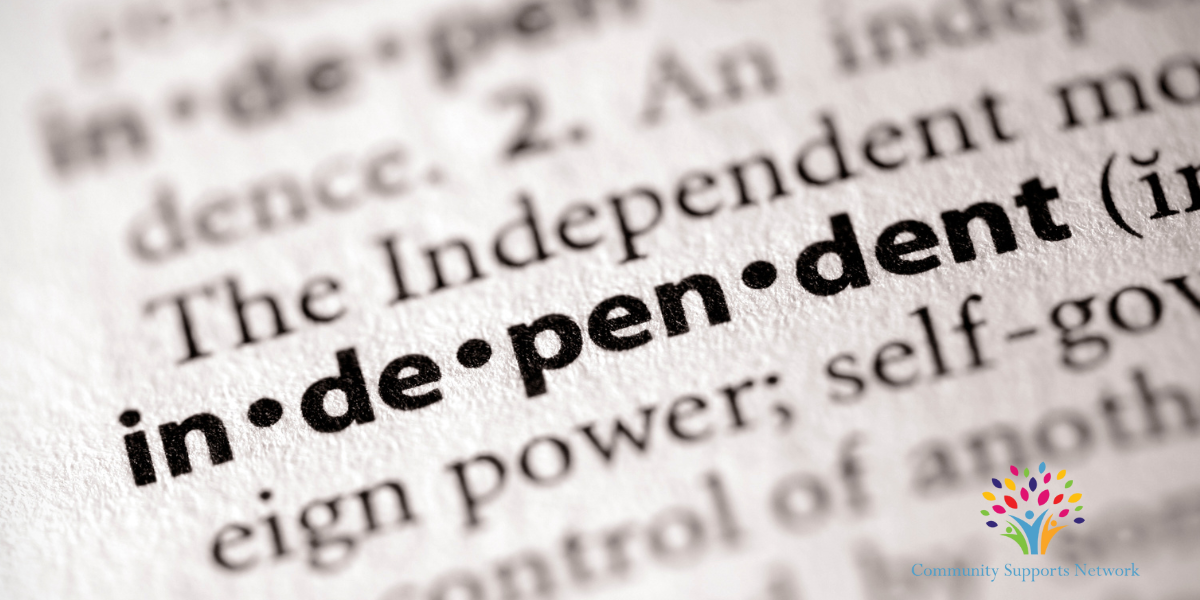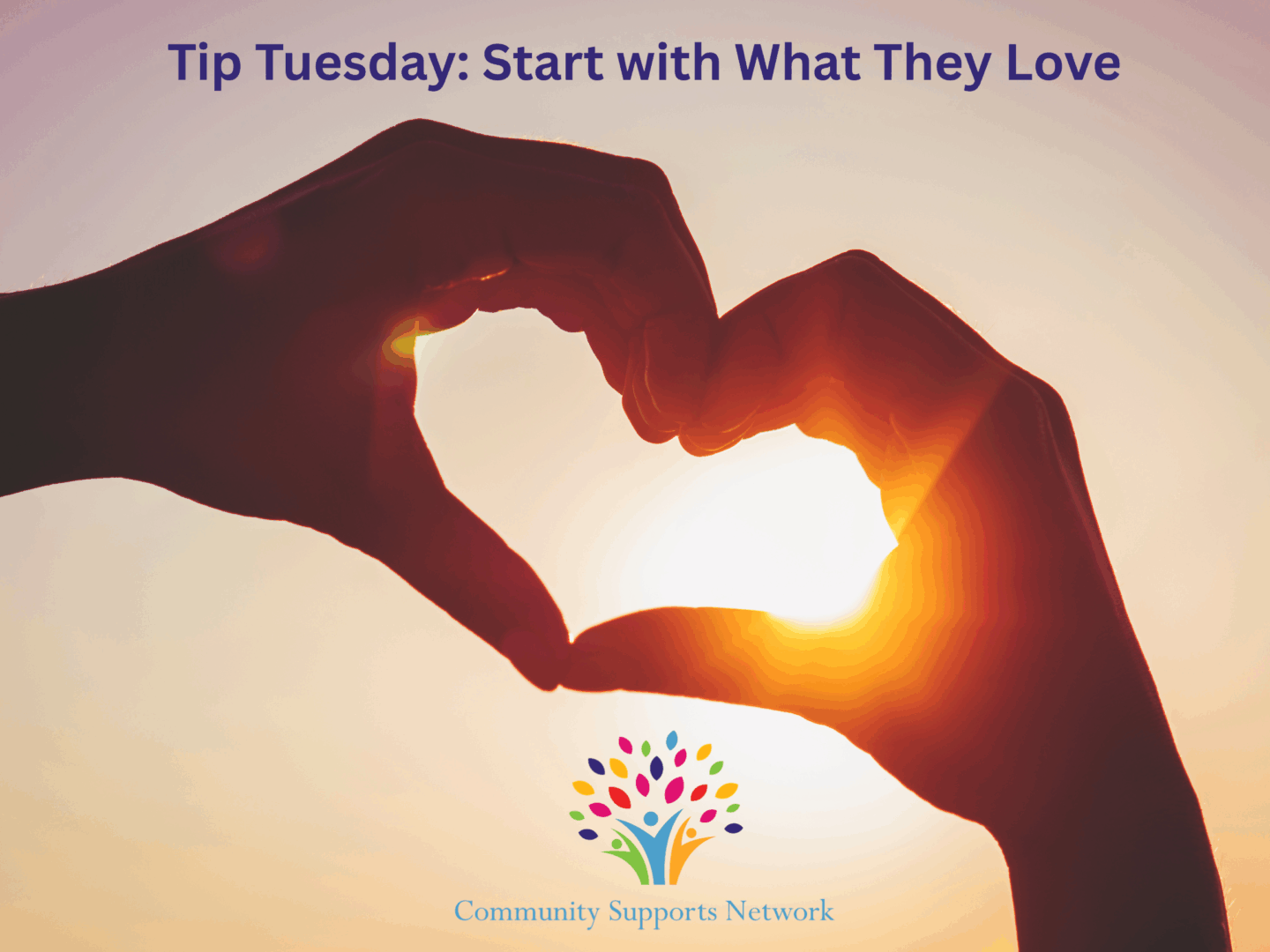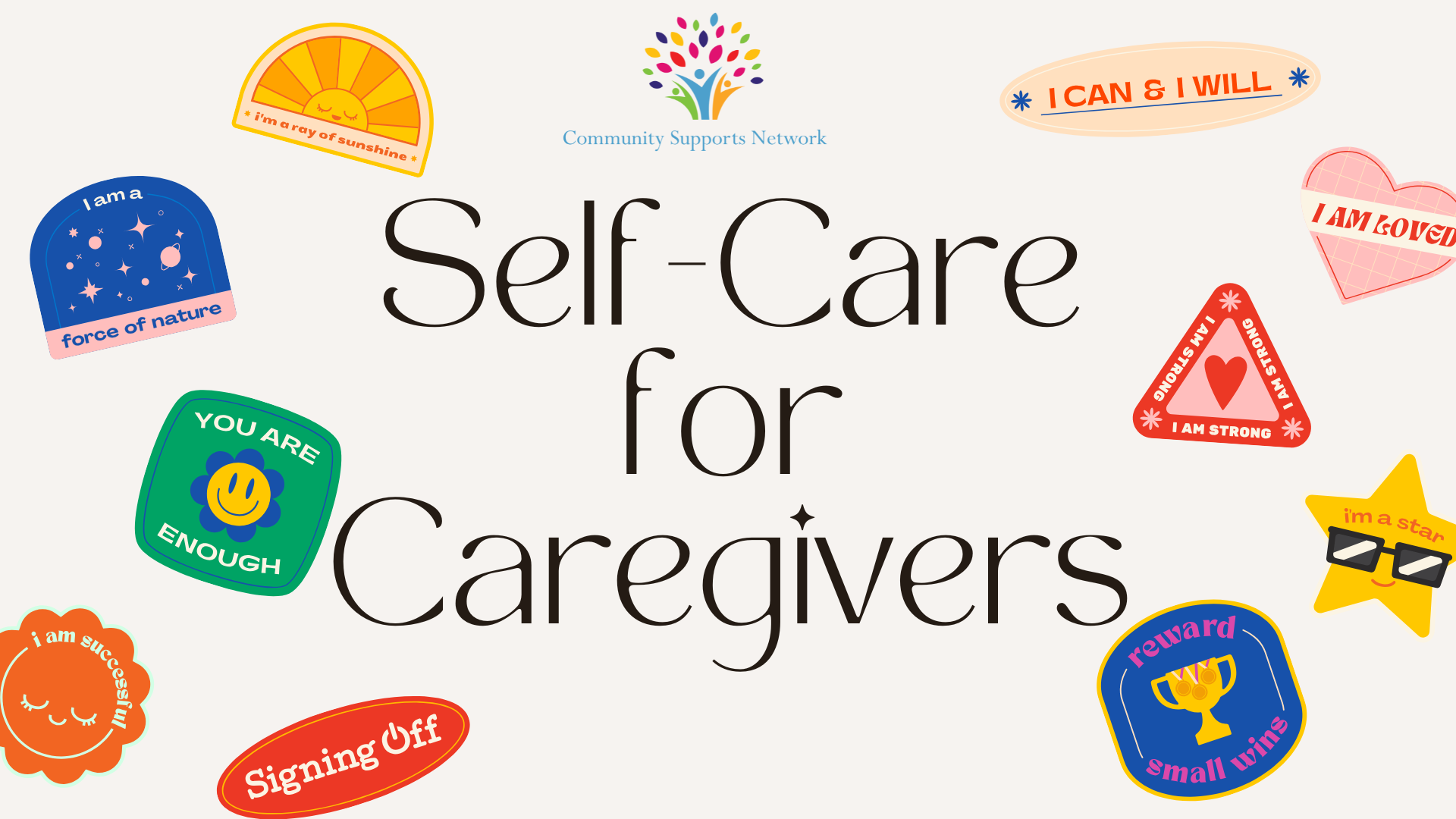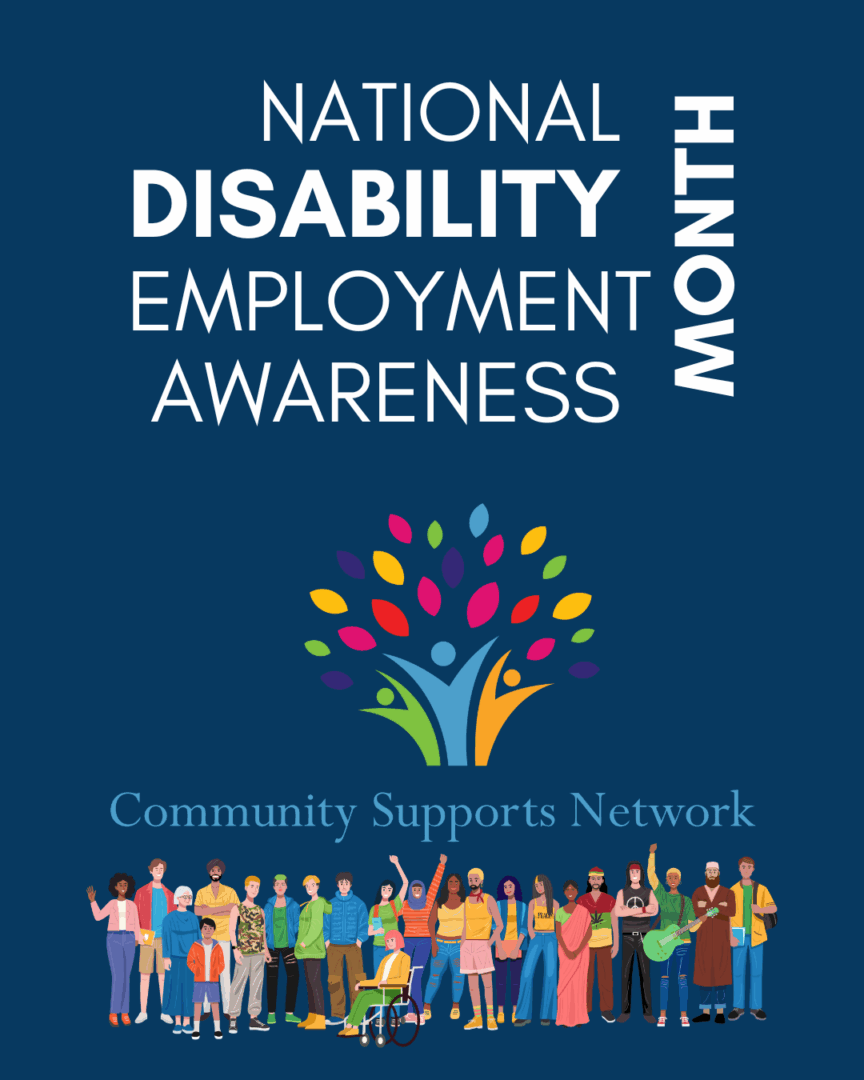
February often centers around love — but in disability support, love doesn’t show up as grand gestures or big moments.
It shows up as care.
Care is patient.
Care is consistent.
Care is person-centered.
This Tip Tuesday, we’re focusing on simple ways to make support feel more human, more respectful, and more connected — especially during the colder, slower winter months.
Tip #1: Lead With Warmth, Not Rush
Winter routines can feel heavier. Mornings are darker. Energy is lower. Transitions may take more time.
Support that feels like care starts with slowing down:
- Give extra time for transitions
- Use calm, reassuring language
- Check in before moving on to the next task
Warmth isn’t about doing more — it’s about being present.
Tip #2: Personalize Support in Small Ways
Feeling known is a form of care.
That might look like:
- Remembering how someone likes their coffee
- Playing their favorite music during a routine
- Asking about something they care about — and listening
These small moments reinforce dignity and belonging.
Tip #3: Choose Connection Over Control
When days feel long or routines feel repetitive, it can be tempting to focus on “getting through the day.”
Instead, look for moments to connect:
- Share a laugh
- Pause for a conversation
- Follow the individual’s lead when possible
Connection builds trust — and trust makes support more effective.
Tip #4: Respect Emotional Needs (Not Just Physical Ones)
February can be emotionally heavy for many people. Cold weather, shorter days, and changes in routine can affect mood and motivation.
Person-centered support means:
- Acknowledging emotions without dismissing them
- Allowing space for off days
- Offering support without pressure
Care includes emotional safety.
Tip #5: End the Day With Dignity
How support ends matters just as much as how it begins.
Before wrapping up:
- Check in: “How did today feel for you?”
- Offer reassurance for what’s coming next
- Thank the individual for trusting you with their day
Respect leaves a lasting impression.
Why This Matters
In disability support, love isn’t loud.
It’s consistent.
It’s respectful.
It’s built in everyday moments.
This February, let’s remember that support rooted in care, trust, and connection is what truly makes a difference.
💙 Takeaway: When support feels like care, people feel valued — not managed.




